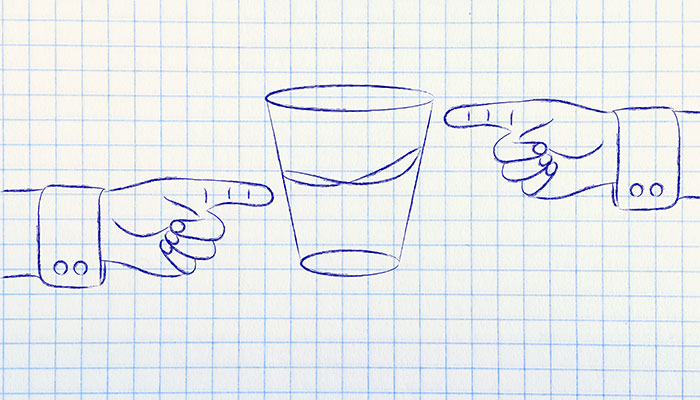
Do you find yourself in a repetitive cycle of reliving an exchange over and over? Reflecting on experiences gone badly is one way we learn. We think about what happened and look for insights that might promote a positive outcome in a similar situation next time. But sometimes reflection can be unhealthy. If you find…










